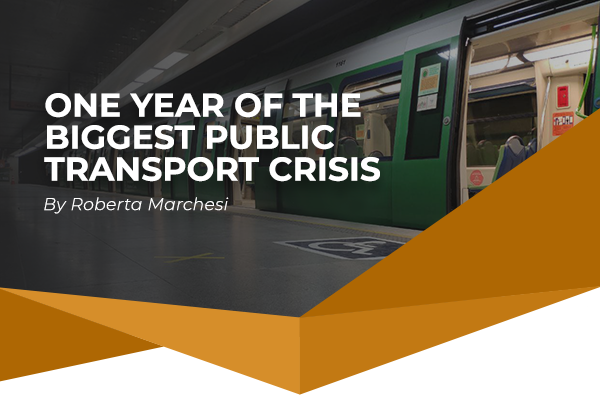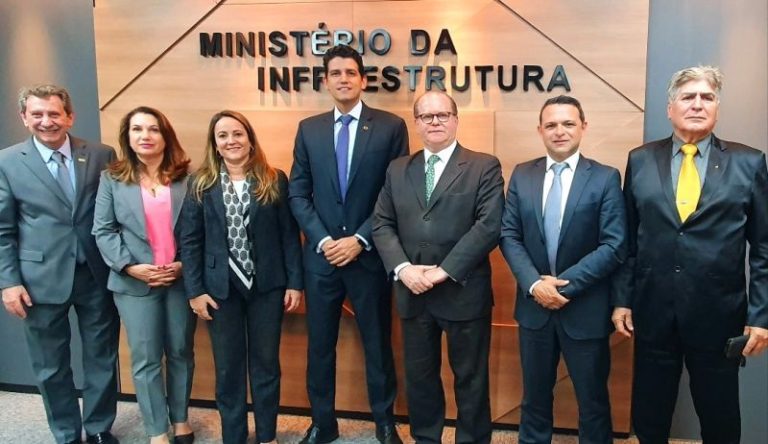By Roberta Marchesi
The world is experiencing its biggest health crisis with the pandemic of the new coronavirus, which reached all continents. There are already over 117 million cases and 2.6 million deaths. In Brazil, we have already lost over 265 thousand lives during this year of pandemic.
A worldwide calamity that required the adoption of measurements that are transforming people’s lives and cities. Social interaction and economic activities were adjusted at the beginning of the crisis, with companies and schools in remote activities, and stores operating at reduced hours. Now, a year later, we are facing the 2nd wave of contamination and the restrictions have been intensified again, while the government is running out of time to immunize the population.
The coronavirus impacted people’s lives, society and economic sectors such as transportation, which is going through its biggest crisis after the drastic reduction in demand. The transport sector in Brazil came to operate with only 15% of passengers that used to move before the pandemic, and today, the level is around 50% of demand. There is already over R$ 17 billion in deficit in ticket revenue in Brazilian public transport, with more than R$ 8 billion in rail systems.
Even in the face of this deficit, transport operators maintained operational levels and intensified the cleaning of stations and trains, using disinfection technologies and products; reinforced the training of service teams and expanded the orientation and awareness campaigns for passengers. In order to maintain and manage to acquire essential supllies, metro-rail operators postponed payments and renegotiated debts. Time is running out, the situation is getting worse and, soon, this bill will be charged and there will be no resources to honor the commitments.
Alarmed by the transport crisis and the imminence of a shutdown, the sector continues its arduous journey of meetings with the federal and state governments in search of financial resources to maintain the operation. But, unfortunately, until now, there has been no government support for essential transport services, different from what happened with other sectors that have already been rescued.
The situation is critical and the stoppage of operations will harm Brazilian workers who leave their homes daily to maintain essential services. For these people, there is no remote work and they move so that other sectors can keep their activities at home.
This crisis must persist and in order to avoid the collapse of transport, it is necessary to restructure the public transport sector in Brazil with long-term planning, elimination of overlapping lines, new transport financing instruments, guarantees for crises, among other measures necessary to provide Brazil with a structured and integrated transport network.
The measures exist and are available to government officials, but they must act quickly and with commitment, otherwise the population will pay for the inefficient public management.
* Roberta Marchesi is Executive Director of the National Association of Passenger Rail Operators (ANPTrilhos) of Brazil, Master in Economics and Postgraduate in the areas of Planning, Budget, Management and Logistics.





